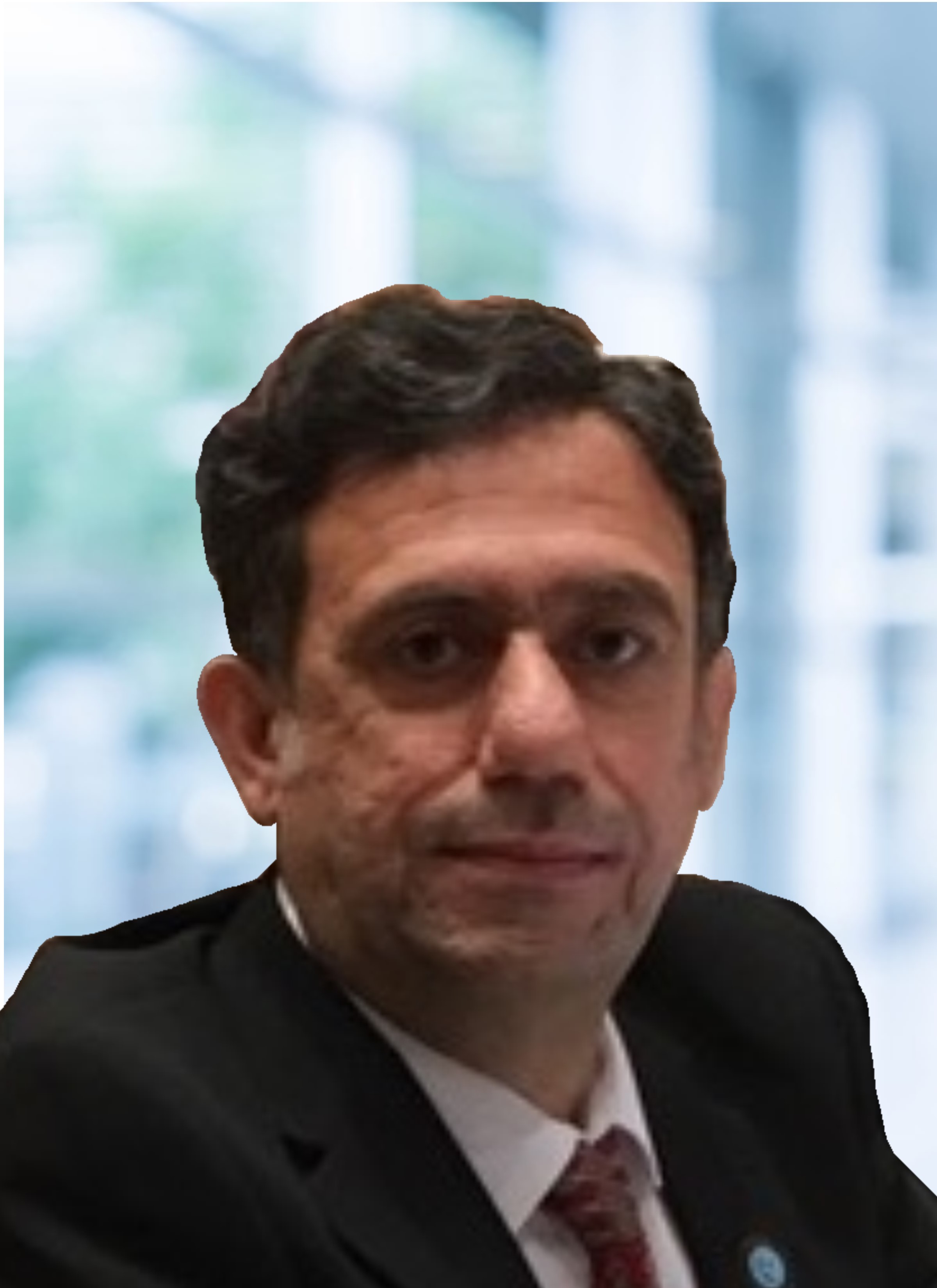

Founder and CEO of European Centre for Middle Eastern Studies
Any political system works to preserve the interests of its state and the intellectual structure from which it is based, and the Iranian regime works mainly to preserve the interests of the Iranian state represented in restoring the glories of the Persian Empire. The political system in Iran is based on the domination of the bureaucratic bourgeoisie represented by the clergy who control the state by manipulating the religious sentiments on the one hand, and the anti-Western sentiments on the other. It also invests in the same way the feelings of restoring the glories of the Persian Empire in deepening its rally around the authority, the empire which extended over large parts of the Middle East for different historical periods, which for the elites of the authority and those who are close to it, is a historical justification for restoring those glories.
The Iranian doctrine is based on attempts of intervention and expansion, and this is not a new matter, nor is it only linked to the Western presence in the region, although this presence contributed to feeding this dogma and giving it more excuses and justifications, and thus it attracts some anti-imperialists and anti-Westerners despite their intersection with the state’s political doctrine at the same time, which is based on the religious state and the rule of the Islamic Jurist.
The slogan of promoting the Islamic revolution, which was adopted by the new authority in Iran during the Iranian revolution in 1979, along with the ambitions of the new religious authority in Iran at its time, and that of the fascist authority in Iraq, contributed altogether to the outbreak of a war between the two countries which lasted for eight years.
To further explain the Iranian expansion in the region, it is necessary to understand the factors of that expansion in the Middle East, which are based on three main points:
The economic factor:
This influence forms a possibility to revitalize the Iranian economy, providing opportunities to market Iranian goods in the face of Western sanctions on Iran, in addition to the opportunities to obtain investments, in cooperation with the armed parties there that manage and preserve those interests through a series of corrupted operations.
Disrupting the wheel of the productive economy increases the social groups which engage in marginalised production or which are willing to engage in armed factions whose budget belongs to those countries but their loyalty is to Iran. Also, disrupting the wheel of production prevents the clarity of the divergence of economic and social interests in order to prevent it from overshadowing the sectarian loyalty which promotes constant creation of followers of armed militias.
The military factor:
Military influence forms an insurance of Iranian national security, which is represented in the possibility of strengthening armed groups and militias that are linked to Iran. These militias play an important role in maintaining Iranian national security on several levels. On one hand, they work on protecting Iranian interests in the region, as well as forming a threat to Western interests in the region in case Iran is exposed to any Western military operations, and thus form a pressure factor that the region is to enter an open war in the case in which Iran is subjected to any Western aggression. On the other hand, if these factions are dealt with militarily, they will be far from Iranian lands and interests.
Iraq is a main arena for the conflict between the United States of America and Iran, and a field of influence for many regional powers, this is why many armed groups are linked to Iran as it is considered to be the striking arm, and is directly responsible for striking American military bases in Iraq. Although these parties operate under the coat of the Popular Mobilization, which is legally linked to the government, but is actually a separate faction that has its own sectarian and partisan allegiances and is not subject to any authority of the state, but is mainly loyal to the Iranian authority.
The political factor:
Political instability and Western intervention in the region represented by its support for some regimes away from the principles of democracy and freedom advocated by the West contributed to the increase in Iran’s role in the region. The West’s position on the Palestinian cause also contributed to creating a greater role for armed groups, which impose their presence in power. It is difficult to imagine the existence of an armed faction that is not linked to the authority without being involved in a military conflict with it, thus the political forces have no choice but to involve these factions in power.
The Iranian regime, which seeks influence and interference in the region on one side, and the United States on the other, both exchange roles and give themselves justification for the presence and intervention of the other. Therefore, both parties are working to exploit instability and play the same role in fuelling chaos, weakening the role of the national state, and perpetuating sectarian and regional loyalties. Although the Iranian intervention in the region took the form of ideological armed groups that are linked in one way or another to the rule of the Islamic Jurist, and which see in the Iranian regime its ideological depth and the political model it seeks despite the local political pragmatism which it practices due to the difference in the sectarian composition of countries such as Iraq, Syria and Lebanon from that of Iran. This intervention did not serve the masses from the Shiite sect in any of the countries in which Iran intervenes. Rather, the conditions of the Shiite masses in Iraq and Lebanon are worse than those who belong to other sects, and this is mainly due to this intervention being only intended to use sectarian sentiments to serve the ambitions of the Iranian authority in order to restore the glories of the Persian Empire at the expense of the interests of the crushed Shiite masses.



